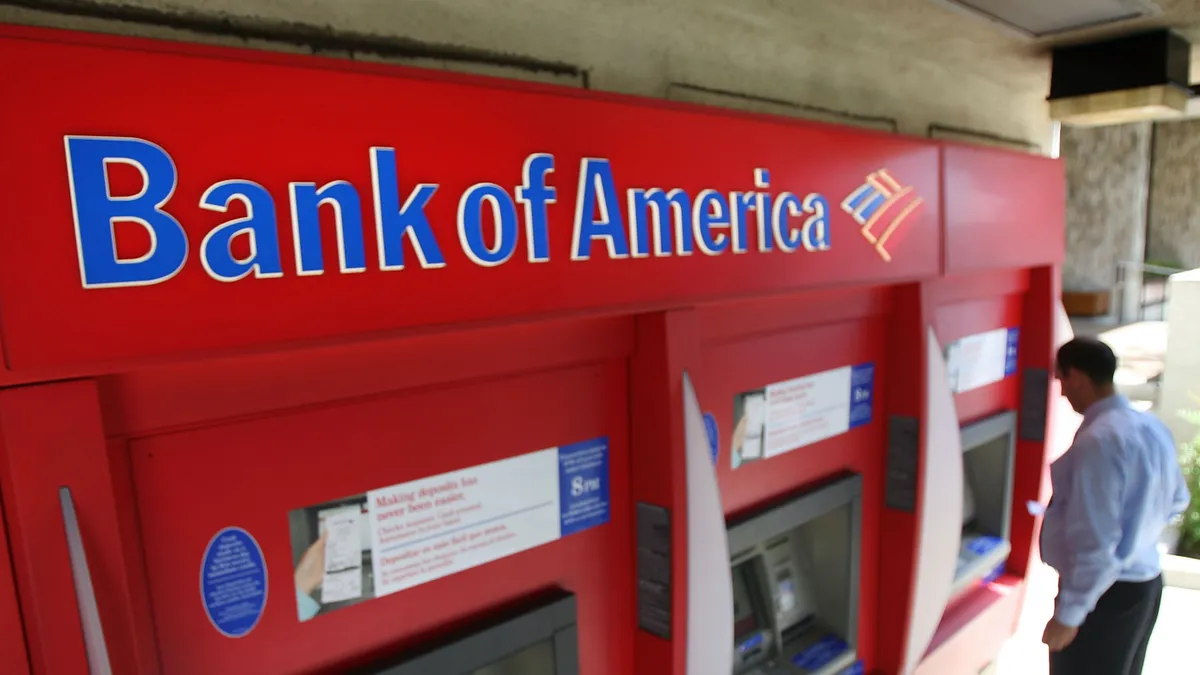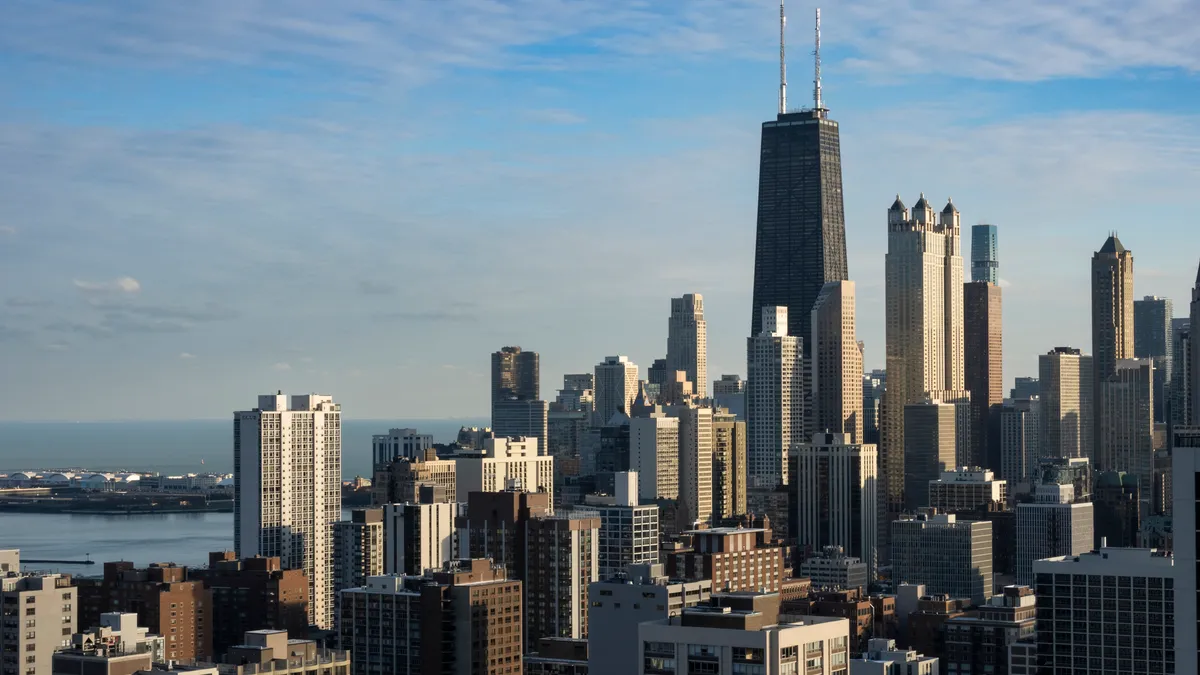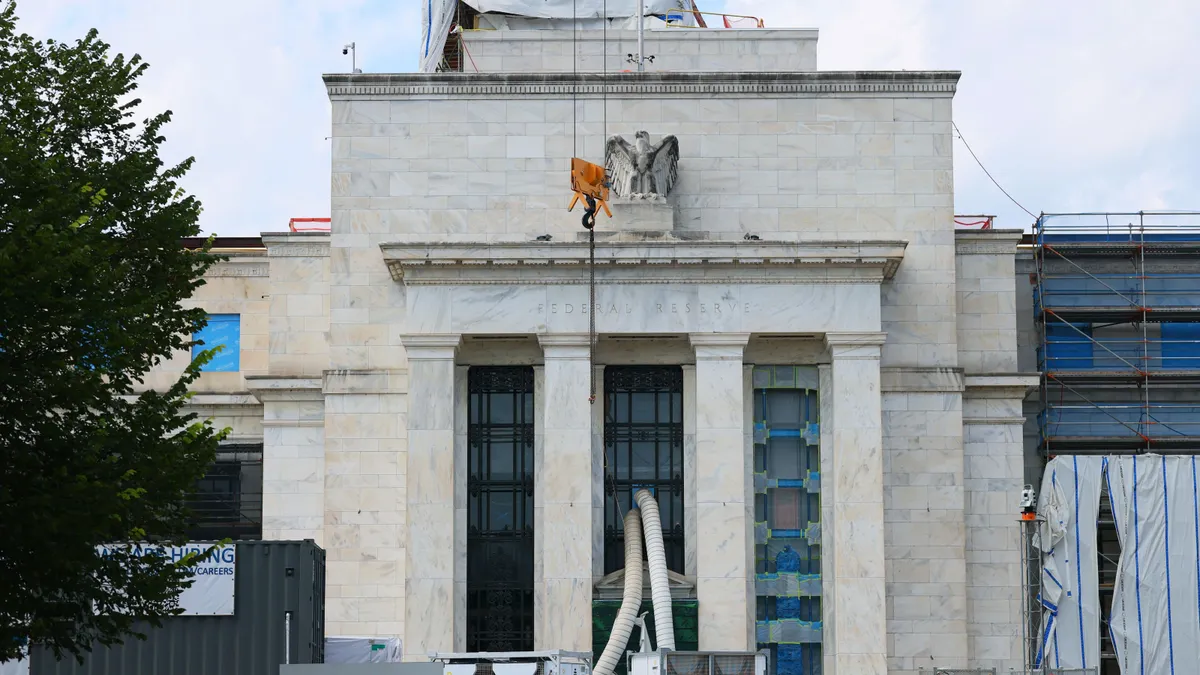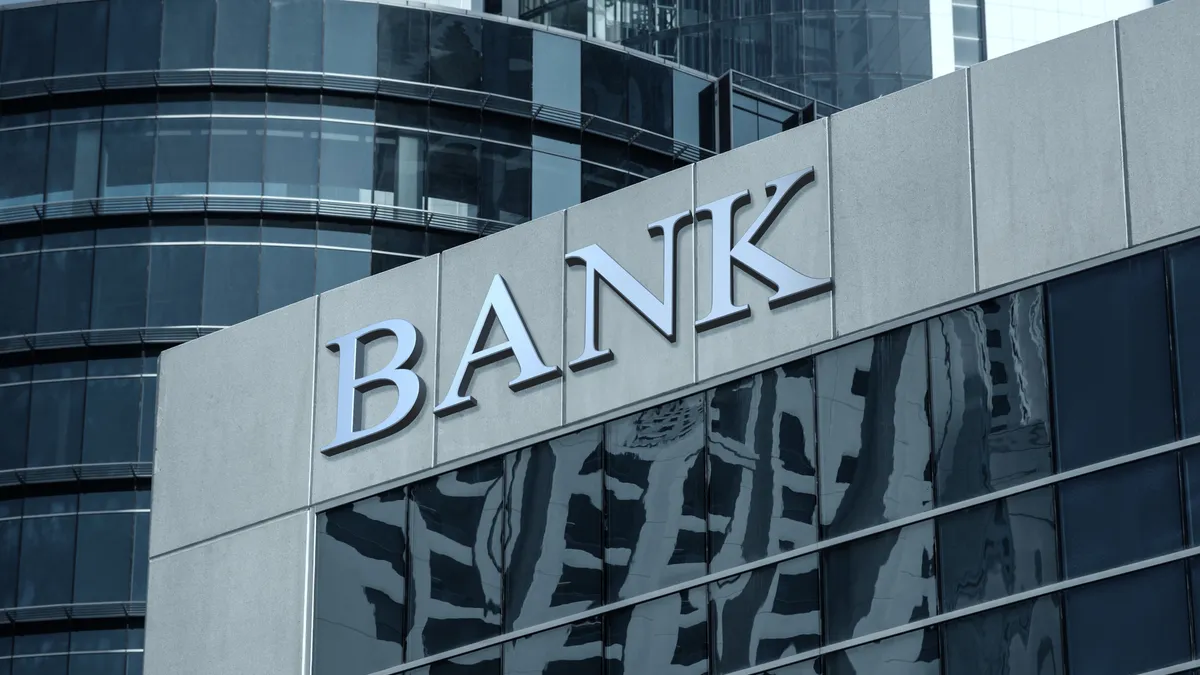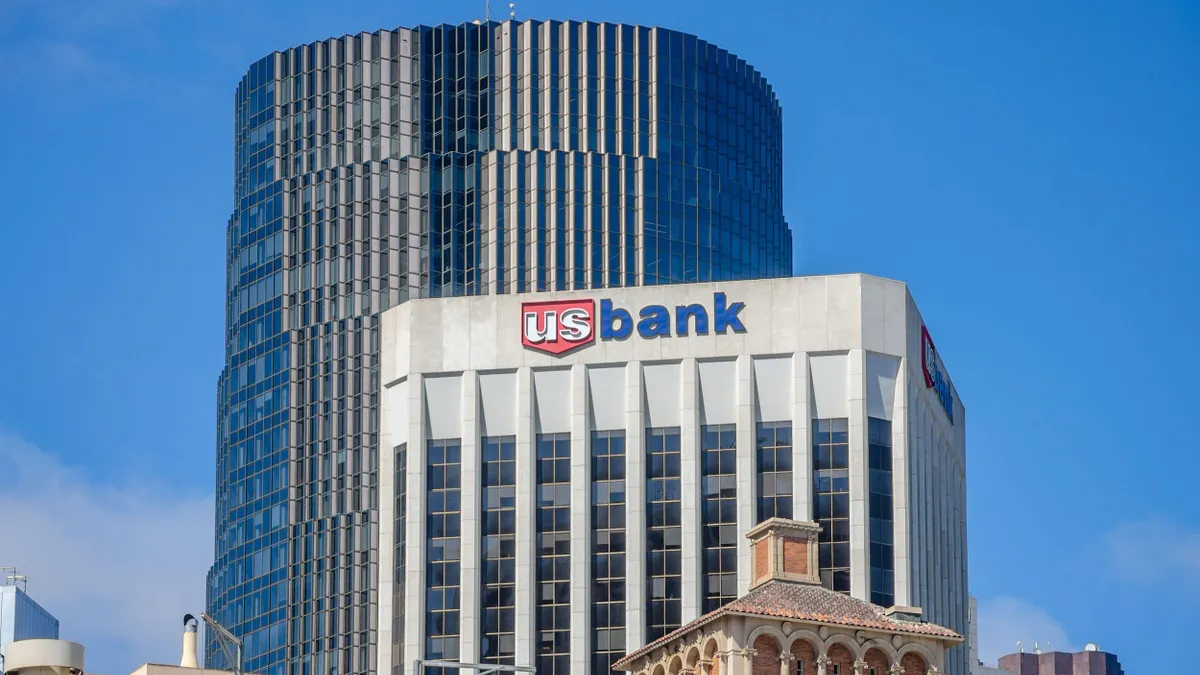Raise your hand if you predicted Bank of America would be Wall Street’s comparative remote-work grinch this Christmas. Either that or the timing of a Monday stay-home directive is tactical genius that, purposefully or not, keeps workers on a shorter leash.
The bank on Monday told employees who had been expected to work from New York City-area offices that they may do so from home over the holidays, Bloomberg and Reuters reported, citing an anonymous source. The bank is also providing free COVID-19 test kits to staff and will offer booster shots, the source said.
That essentially makes Bank of America the last of the six largest U.S. banks to offer guidance — directly or indirectly — on flexible work for employees based in the nation’s largest metropolitan area amid the emergence of the omicron variant as COVID-19’s dominant form.
JPMorgan Chase told employees in a Friday memo they could work from home over the subsequent two weeks, depending on their role and at managers’ discretion, The Wall Street Journal reported.
"By minimizing any potential exposure now, you’ll reduce the risk of missing out on holiday gatherings with friends and family," the bank said in the memo, which urged employees to get tested before returning to the office in January.
Citi likewise told employees based in New York City and Jersey City offices to work from home through the holidays if their managers allow it.
"We will ask that certain colleagues, including those who are site dependent, continue to come into the office to ensure critical business operations," the bank said in the memo, reported Thursday by Bloomberg. "Like all of you, we hoped that Covid would be behind us by now, but greatly appreciate your adaptability, support for your colleagues and continued adherence to our safety measures."
While not a memo, Morgan Stanley CEO James Gorman last week acknowledged the bank may have pushed too hard to repopulate offices earlier this year.
"I thought we would have been out of it past Labor Day and we’re not," he told CNBC on Dec. 13. "I was wrong on this."
Gorman said he anticipates COVID-19 variants could disrupt work life "through most of next year."
Morgan Stanley is expecting staff who are not required to be in the office to work from home, but it is not sending staff home and doesn't have a work-from-home policy, a source familiar with the situation told Reuters on Thursday.
Goldman Sachs told London-based staff last week to work from home if they can to comply with U.K. government guidance. But the bank hasn't sent New York staff home. It did, however, cancel its remaining gatherings, a source told Reuters.
On the other end of the spectrum, Wells Fargo postponed its office return indefinitely, telling employees they'd receive further details next year. But it had ruled out returning to the office any earlier than Jan. 10, 2022, by late September.
What, then, makes Bank of America’s Monday memo the shrewdest of the bunch if neither Goldman Sachs nor Morgan Stanley explicitly sent its workers home?
It’s the timing. In announcing the move Monday, Bank of America eliminated the option for some workers, in their newfound freedom, to attempt to push up their holiday travel plans to the previous weekend.
In theory, a JPMorgan worker who was given a remote-work option after Friday could book a weekend flight out. That may not have been the intended generosity of a Friday directive, but let’s not pretend everyone who’s working remotely is doing so from home, regardless of the transmission risk that travel poses.
In practice, JPMorgan's directive completes somewhat of a turnabout. The bank largely stuck to its previously iterated office-return plan when COVID-19’s delta variant proliferated in late summer.
Friday's memo marked a third concession the nation’s largest bank made within a single workweek to accommodate remote work. JPMorgan told unvaccinated employees last Monday to work from home temporarily to comply with a New York State Department of Health mandate requiring people to wear masks at all times when inside buildings where vaccination is not compulsory.
The bank followed that up Wednesday by moving its annual healthcare conference, set for Jan. 10-13, to a virtual setting.


